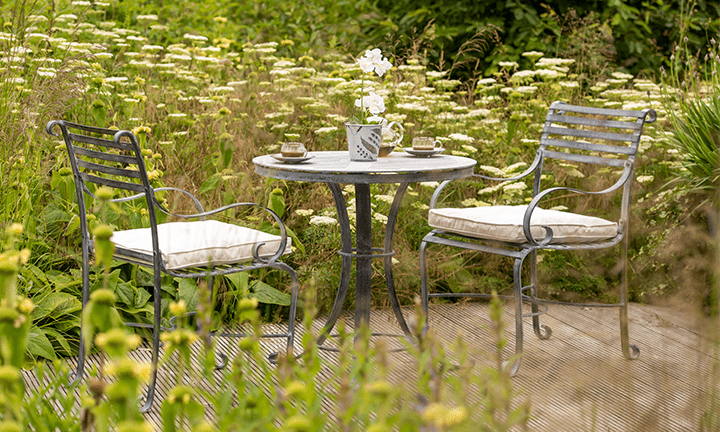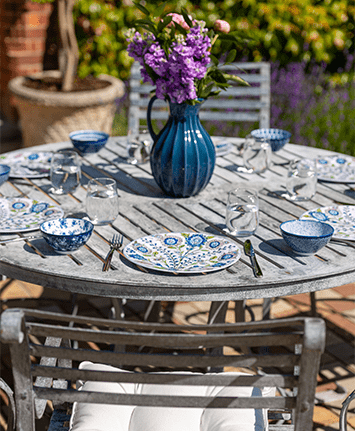Treat hard scale insects indoors with our Hard Scale Killer and let the both the larvae and adult predatory beetles of Chilocorus nigritus loose on this common greenhouse and conservatory pest. The greedy, black, ladybird-like beetles (use 3-5 per plant) are effective during longer days (March to October) and operate at temperatures in excess of 18ºC, so are ideally suited to the warm conditions much loved by hard scale insects.
The larvae are best suited to individual plant treatments and the adults will return excellent clear-up rates when applied to multiple plants during severe infestations. The adults are not effective in the winter as they need sunlight to be active, so aim to supplement your biological control by using Savona Insect Killer Spray instead of the Hard Scale Insect Killer between October and March. Hard Scale Insect Killer is available in two pack sizes; 25 adults or 25 larvae
Please Note: the miniumum temperature at which the predator is effective is 18ºC. This live product is despatched to UK addresses only!
- Hard Scale Insect Killer available in adult or larvae form
- Adult predator is a black beetle which feeds on hard scales
- Larvae also have the same diet
- Available in two sizes; 25 adults or 25 larvae
- Use between March and October
- Minimum temperature at which predator is effective is 18ºC
- Use indoors in greenhouse or conservatory
- Larvae ideal for treating individual plants
- Adults will munch through heavy infestations
- Use Savona Insect Killing Spray between October and March when days are too short for predator
- Hard scale insects turn leaves brown and can lead to leaf drop
This product is exempt from any promotions
Live Pest Control Delivery
Being a live product the larvae and beetles are ordered weekly every Thursday. These are then delivered on Wednesday of the following week for delivery by the end of the week.
For example an order placed on a Monday would be ordered on Thursday, received the following Wednesday for delivery by the end of that week.

Appearance and Lifecycle
Scale insects are often divided into two groups; soft scale and hard scale. The soft scale has their shell attached and with the hard scale shell it is not attached. Outdoors there are one to two generations per year but indoors there can be 3-6 with generations overlapping each other. Eggs are normally laid under the shells and newly hatched nymphs will crawl around plant surfaces spreading the infestation. There are up to 25 species of scale in the UK, most are between 1-10mm in size.
Symptoms and Damage
Scale insects feed on plant sap from plant leaves and stems. Soft scale species then secrete honeydew onto leaves. This is a sticky substance that often attracts fungi, which then turns black. Soft scale insects thrive best in warm, humid and shady conditions. Hard scale or armoured scale species don’t produce honeydew but do inject poisonous substances into the plant. This turns leaves yellow or brown. Heavy infestations of scale can result in poor growth and leaf drop.
Natural Choice Treatments
Biological control of scale insects is possible if the conditions are suitable for the predatory beetle and larvae and parasitic wasp used to control them. There are safe sprays such as Savona for controlling scale insects when the biological control predators are at rest between October and March.
Live Pest Control Delivery
Being a live product the larvae and beetles are ordered weekly every Thursday. These are then delivered on Wednesday of the following week for delivery by the end of the week.
For example an order placed on a Monday would be ordered on Thursday, received the following Wednesday for delivery by the end of that week.
























